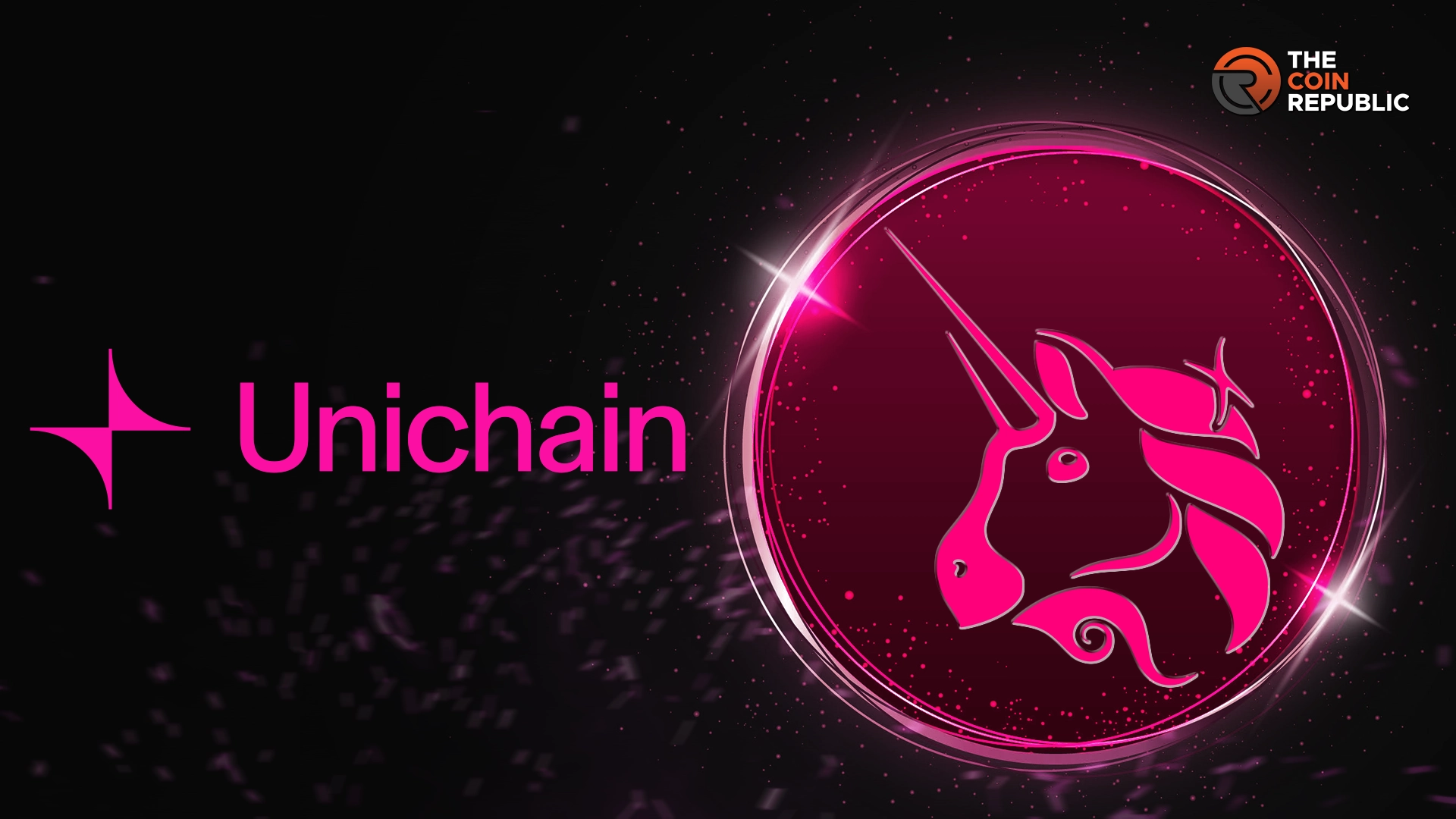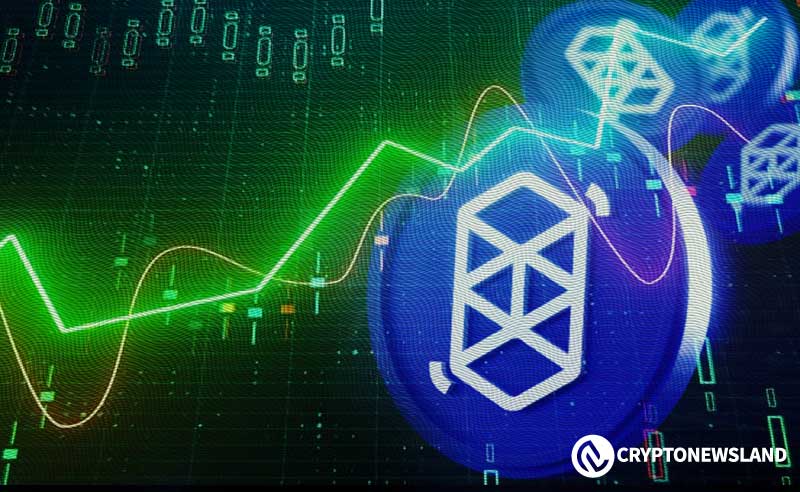Uniswap Labs has introduced Unichain as a new Ethereum Layer-2 solution to dominate the Decentralized Finance (DeFi) ecosystem. Uniswap highlighted Unichain as a blockchain solution with cross-chain interoperability, a decentralized validator network, and faster speed.
The Deal About Unichain
Uniswap (UNI) and other DeFi protocols have made great progress lately. However, DeFi protocols built on Ethereum still face challenges like reduced speed and high transaction costs.
Uniswap stated that the creation of Unichain is its response to fixing these challenges and competing for market share. The team developed Unichain as an open-source blockchain that other chains can adopt.
– Advertisement –
Uniswap created Unichain’s technical architecture in collaboration with Flashbots and Optimism. Unchain is designed to showcase fast, near-instant transaction settlement capability.
This will help boost market efficiency and lower value lost to Maximal Extractable Value (MEV). The Unichain testnet goes live today, with the mainnet coming much later.
Unichain’s testnet launches with a one-second block time. Uniswap, however, noted that Unichain’s speed will increase to 200-250 millisecond sub-block times soon.
In addition to improving speed, Unichain will provide seamless multi-chain swapping. Built on the Superchain, Unichain would facilitate native interoperability for quick and safe cross-chain transactions.
Unichain will also support standards like ERC-7683 to make swapping seamless across all chains. Overall, Unichain is designed to leverage and accelerate Ethereum’s scaling roadmap.
This means that in the short term, Unichain will lower transaction costs by approximately 95% compared to the Ethereum network.
Can Uniswap Compete with Base, Polygon, and Arbitrum?
In recent years, Ethereum’s scaling solutions have captured the attention of the crypto market. Developers and researchers worldwide are pouring hundreds of hours into solving Ethereum’s scalability issues by releasing new Layer-2 solutions.
Thus, the launch of Unichain marks an additional entrant into the already populated L2 ecosystem. According to L2Beat data, the number of Layer-2 protocols attempting to help scale Ethereum currently stands at 105.
Arbitrum, Base, and Optimism’s OP Mainnet rank as the top three L2 solutions by Total Value Locked (TVL). Arbitrum, Base, and Optimism have TVL of $13 billion, $7.2 billion, and $5.8 billion, respectively.
Polygon zkEVM is another top L2 scaling company on Ethereum, with $69 million in TVL. With its outlined characteristics, Unichain is well-positioned to rival Base, Polygon, and Arbitrum.
Unichain, like most L2s, depends on a single sequencer. Unichain, however, introduces further decentralization by allowing full nodes to help verify blocks by staking Uniswap’s native token, UNI.
This approach avoids the possibility of sequencers presenting conflicting or invalid blocks, which could expose users to financial risks.
Will a New Token Emerge for Unichain?
Uniswap Labs made no mention of introducing a native token on Unichain. However, releasing a Unichain token in the future could push the blockchain solution to prominence.
For now, UNI stakers will help act as a second layer of security on the Unichain platform. UNI stakers will verify each block of transactions the sequencer builds through their participation in Unichain’s validation network. With a new enhanced role, the price of UNI has skyrocketed, jumping 15% in 24 hours to $8.330.











